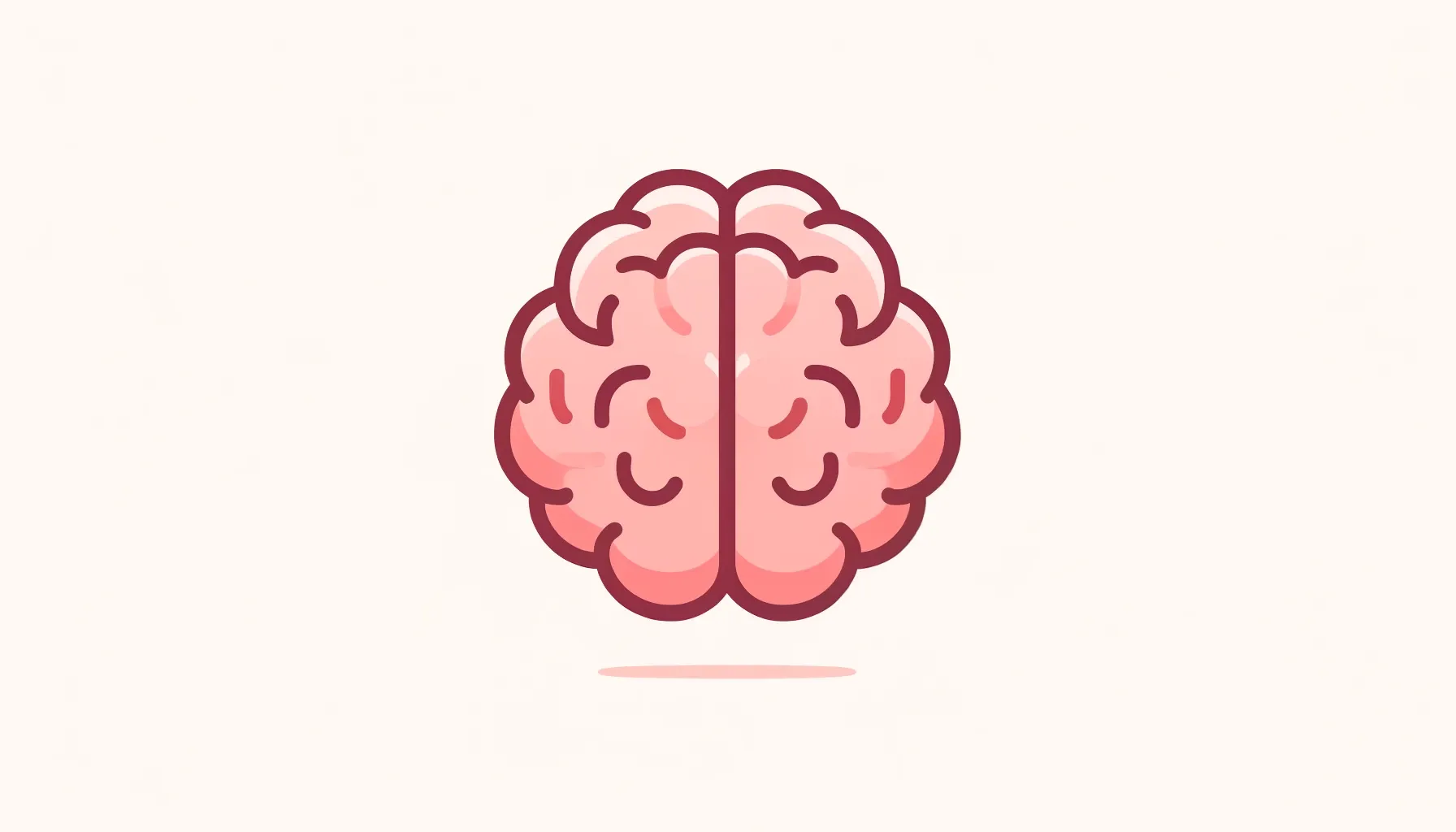Cognition as a service

Move over "software as a service" (SaaS), there's a new breed of software products that will maximize human productivity. Enter "cognition as a service” (CaaS).
Cognition as a service at a high level
To throw another buzzword into the growing sea, "cognition as a service" refers to software products that leverage generative AI, namely LLMs, to provide value by making decisions on behalf of people.
These products consist of two parts:
- Making informed and logical decisions for the user
- Acting upon and implementing said decisions
Previously, software was only useful at the latter point: automating physical tasks. For instance, your email inbox has replaced the need to write a letter by hand, ship it in the mail, and wait for the recipient to receive it.
The fun part is the first point, where LLMs have been the first technology to produce results that are effective enough to replace people. This is an immense breakthrough in increasing human productivity, as we spend large amounts of time and energy making decisions daily, big and small. If there is a service that can couple both the decision-making and implementation, it could save people huge amounts of time.
Application-layer AI companies
The first important thing to note is that these CaaS companies are "application-layer" AI companies, as opposed to infrastructure-level companies such as OpenAI.
What's the difference? In short, application layer companies interface with pre-developed models and "apply" them to solving direct problems in the world, such as using AI to automate support agents. On the flip side, infrastructure layer companies work on developing the actual large language model itself, making it better, faster, cheaper, and more accessible.
Read more about application-layer AI companies here:

Effectiveness of LLMs
Wow- this sounds great in theory, but how do LLMs perform in practice?
I like to think of the current state-of-the-art LLMs as B- writers. Not too shabby, but certainly not someone you want drafting up your marriage documents. Does that mean they will be confined to making low-level decisions? For now, perhaps, but not for long.
Just look at the rate at which these LLMs have improved. When our team at StyleAI first implemented GPT3, we struggled with accuracy, a small context window (2k tokens), and slow generation times (~30s for a short output). Fast forward just a year, and GPT-4o boasts a 128k context window, 10% the price of GPT3, and lightning-fast responses.
Especially with the introduction of new "reasoning models" (OpenAI's o1), that use chain-of-thought reasoning to produce higher-quality answers, it's clear that LLMs are increasingly getting better over time. And the better they get, the better decision-makers they will become.
Cognition points
So where specially do you see LLMs playing a role, given that SaaS has already automated a lot of tasks?
Enter, cognition points. Essentially, they're reasoning tasks that software hasn't been able to automate yet, since they: 1. require a high level of thought (hence, "cognition") and 2. are important to the outcome of the entire task.
Read more about cognition points here:

The ability to automate these cognition points, and even surpass the quality of a person, has remained elusive until now. Coincidentally, LLMs have shown an incredible ability to absorb knowledge and reason, and thus here is where their real value will come: automating cognition points.
Of course, LLMs today may not be able to fully process these cognition points with high effectiveness, and thus the strategy is to supplement them with experts to tweak their results. Their adjustments in turn help us iterate our models, allowing us to build towards full autonomy.
So how can I build this?
Ok great, now what do I do with these "cognition points?"
Aside from building out these cognition points (more details here), a CaaS business is still fundamentally the same as a software one.
The reality is, the majority of "CaaS" solutions will still be the software infrastructure that supplies these cognition point models with data and the means to apply their decisions. I always like to say, here at StyleAI we're building "95% software, 5% AI." Just like how the brain (cognition point model) of a person is only a small part of a person, the body (software) is the instrument for which actions are carried out.
I hate to temper expectations, but I’m not here to suggest that AI will "turn the world on its head" or make us "forget everything we know." At the end of the day, LLMs are simply a tool software companies can leverage to ultimately deliver value to the world. They will, however, unlock an entirely new set of solutions to problems waiting to still be solved.
Conclusion
LLMs are ushering in a new wave of software companies, ones that can further increase our productivity by automating both decision-making and implementation.
Here at StyleAI, this is how we're choosing to build our agentic products, able to perform digital marketing for thousands of small and medium businesses around the world. If this interests you, come check us out :)





